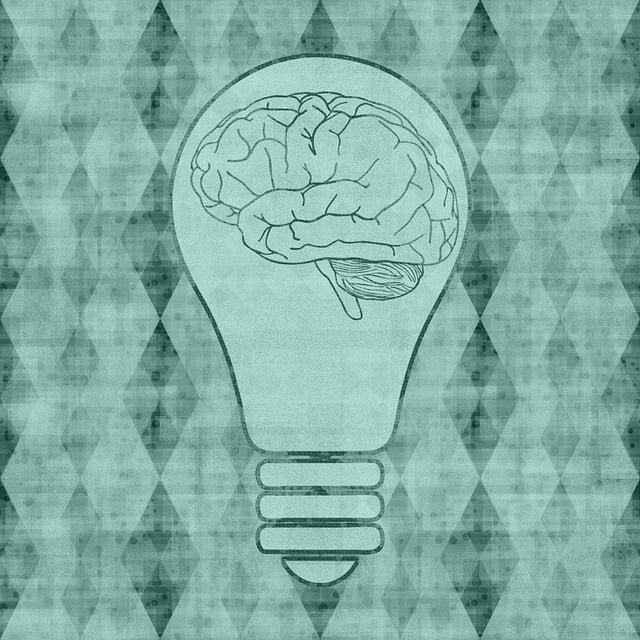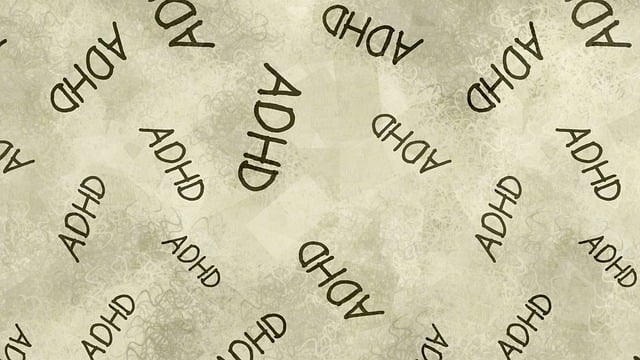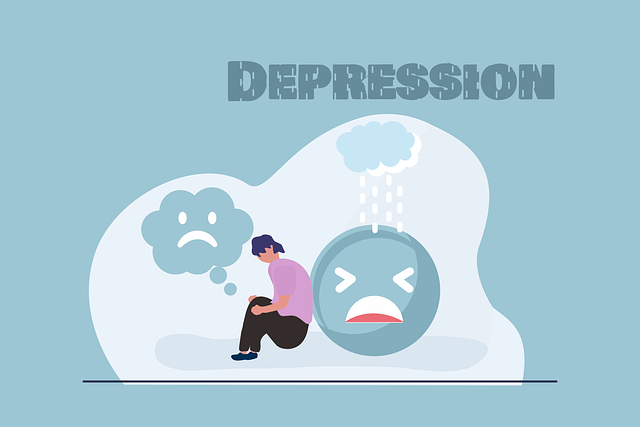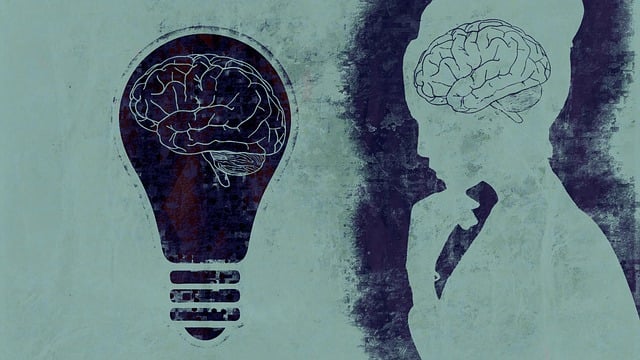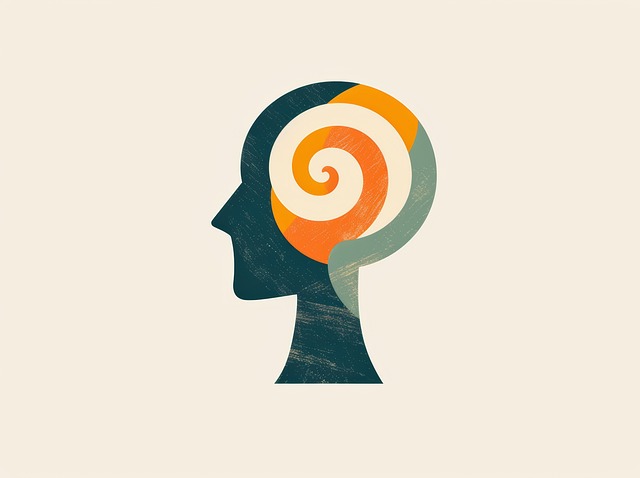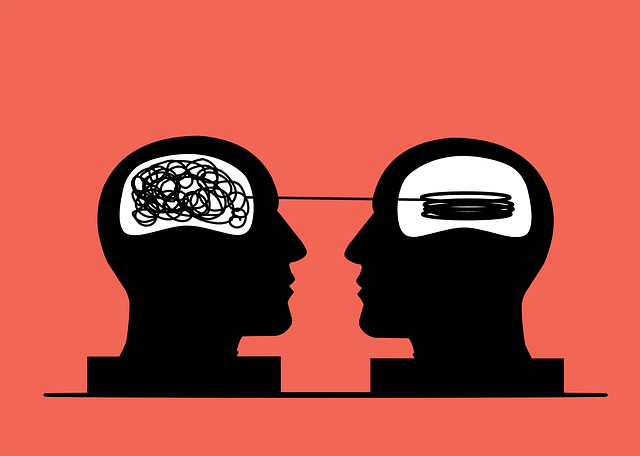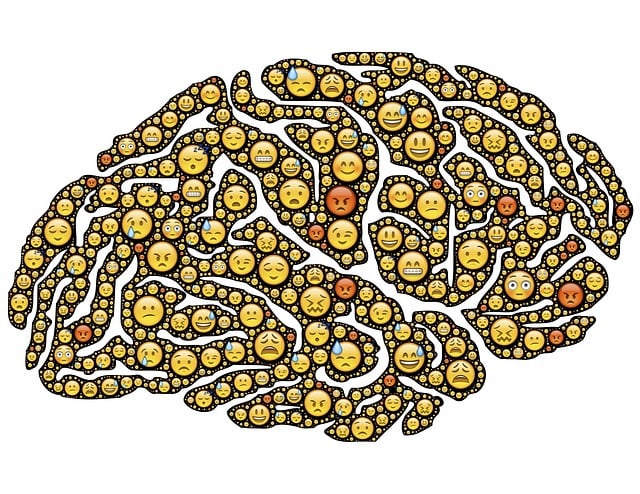Broomfield Depression Therapy's RFM model (Recovery, Flexibility, Mastery) cultivates resilience, enhancing mental health and well-being through personalized exercises integrating mindfulness, cognitive restructuring, and stress management. Activities like yoga, journaling, and community outreach programs support emotional well-being, break negative thought cycles, and foster positive outlooks, contributing to stigma reduction efforts. Integrating RFM principles into daily routines strengthens mental fortitude for individuals supported by Broomfield Depression Therapy.
“Unleash your inner resilience with an exploration of RFM (Recovery, Flexibility, and Mastery) and its transformative power. This comprehensive guide delves into the core principles of building emotional fortitude through targeted exercises. Discover how Broomfield Depression Therapy offers a unique, holistic approach to foster adaptability and well-being. Learn practical strategies to integrate RFM into daily routines, empowering you to navigate life’s challenges with enhanced resilience.”
- Understanding RFM: The Foundation of Resilience Building
- The Role of Exercises in Enhancing Emotional Well-being
- Broomfield Depression Therapy: A Holistic Approach to Resilient Living
- Practical Tips for Integrating RFM into Daily Life
Understanding RFM: The Foundation of Resilience Building

Resilience is a vital asset in navigating life’s challenges and overcoming adversity. Understanding RFM (Recovery, Flexibility, and Mastery), as advocated by Broomfield Depression Therapy, forms the cornerstone of building this crucial mental health trait. Recovery refers to an individual’s ability to overcome distress and return to a state of well-being. Flexibility involves adapting to changing circumstances and managing stress effectively. Mastery is about taking control and finding meaning in experiences, fostering a sense of empowerment.
By integrating these concepts into therapy and personal growth practices, individuals can enhance their overall mental health and well-being. This approach aligns with broader initiatives like Mental Health Policy Analysis and Advocacy, which aim to improve access to effective interventions. Crisis Intervention Guidance and Mental Health Awareness are also integral parts of this process, ensuring that people have the tools to navigate crises and maintain a sense of resilience in their daily lives.
The Role of Exercises in Enhancing Emotional Well-being

Exercises play a pivotal role in enhancing emotional well-being, as they offer more than just physical benefits. Engaging in regular activities like yoga or mindfulness practices can significantly reduce symptoms associated with Broomfield Depression Therapy. These exercises act as powerful tools to promote emotional well-being promotion techniques, fostering a sense of calm and improving one’s overall mental state.
Beyond this, resilience-building exercises contribute to self-esteem improvement by helping individuals confront and overcome challenges. By actively participating in these activities, people can break free from the cycle of negative thoughts and behaviors often linked to mental illness stigma reduction efforts. It empowers them to develop a stronger sense of control over their emotions, leading to improved coping mechanisms and enhanced overall emotional resilience.
Broomfield Depression Therapy: A Holistic Approach to Resilient Living

Broomfield Depression Therapy offers a holistic approach to fostering resilience and improving mental well-being. This therapeutic method goes beyond addressing symptoms by focusing on the interconnectedness of physical, emotional, and psychological aspects of an individual’s life. By integrating various techniques such as mindfulness, cognitive restructuring, and stress management strategies, this therapy equips individuals with essential coping skills to navigate life’s challenges.
Through personalized exercises designed to enhance inner strength and boost confidence, Broomfield Depression Therapy empowers clients to build resilience. These exercises target the root causes of depression, encouraging individuals to develop a deeper understanding of their thoughts and emotions. By empowering them with effective coping mechanisms, this approach enables people to break free from negative thought patterns and cultivate a more positive outlook on life, leading to improved overall mental health and well-being.
Practical Tips for Integrating RFM into Daily Life

Integrating RFM (Resilience, Flexibility, and Mastery) into daily life is a powerful way to build mental fortitude, especially for individuals seeking support from Broomfield Depression Therapy. Start by setting small, achievable goals that challenge you but don’t overwhelm. This could be as simple as taking a 15-minute walk each day to enhance your physical resilience or practicing mindfulness exercises to strengthen emotional flexibility.
Consider incorporating activities that encourage creativity and self-expression, like journaling or art therapy, to foster a sense of mastery over your thoughts and emotions. For a holistic approach, engage in community outreach program implementations that connect you with supportive networks. These initiatives often provide valuable coping skills development and trauma support services, further enriching your RFM practice outside the confines of traditional therapy sessions.
Resilience is a powerful tool for navigating life’s challenges, and the RFM model offers a comprehensive framework to achieve it. By combining understanding, exercises, and holistic approaches like Broomfield Depression Therapy, individuals can significantly enhance their emotional well-being and build lasting resilience. Integrating these strategies into daily life encourages a more adaptive and balanced mindset, enabling folks to embrace change and overcome adversity with greater ease.


